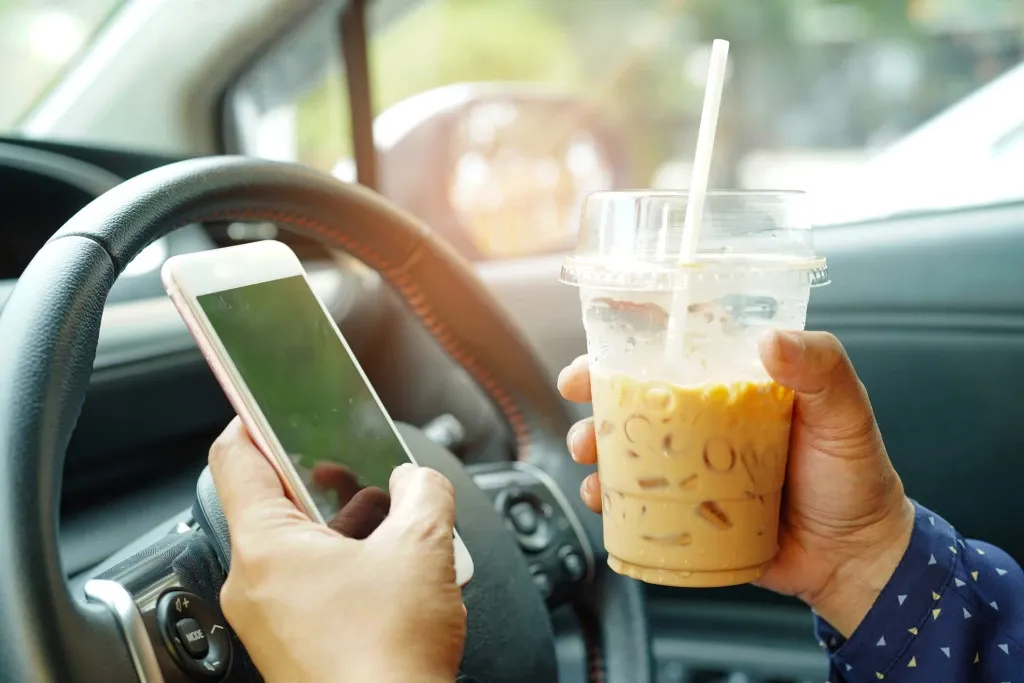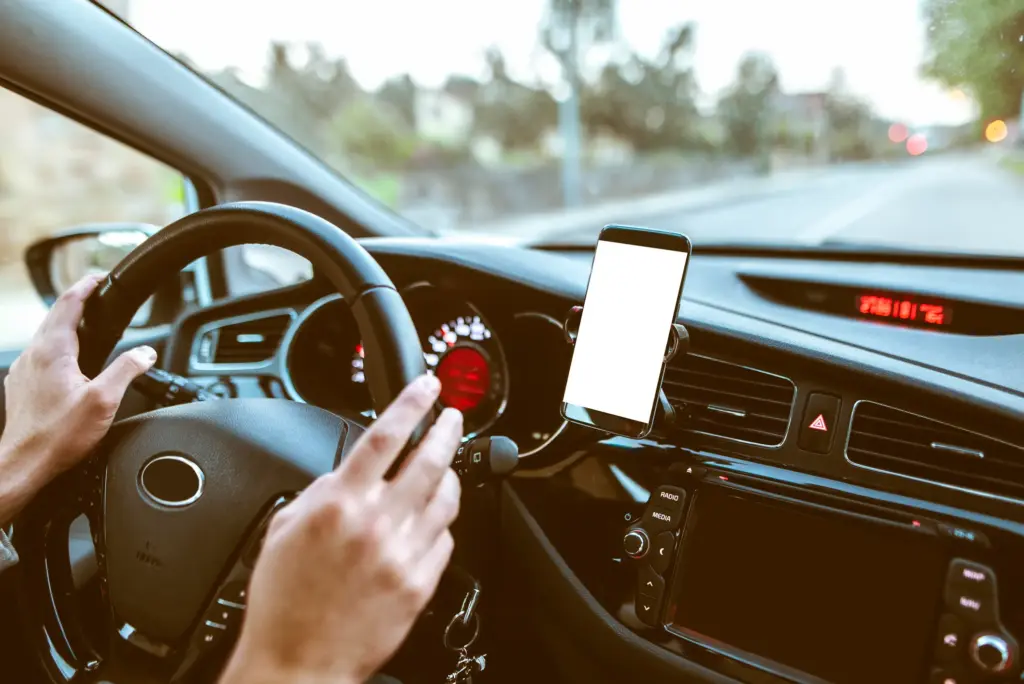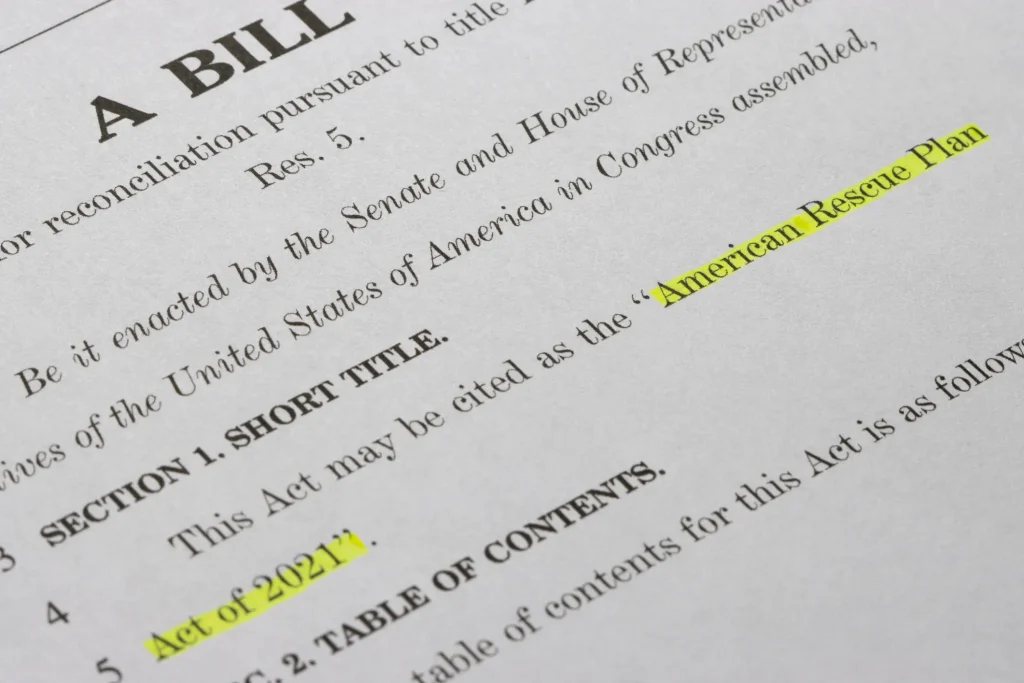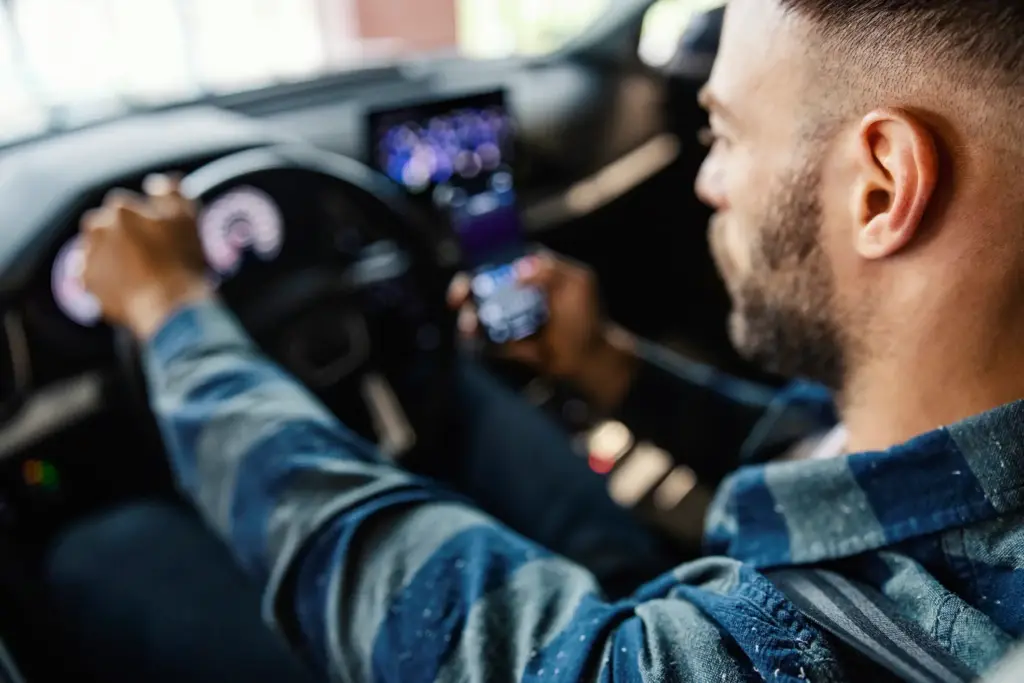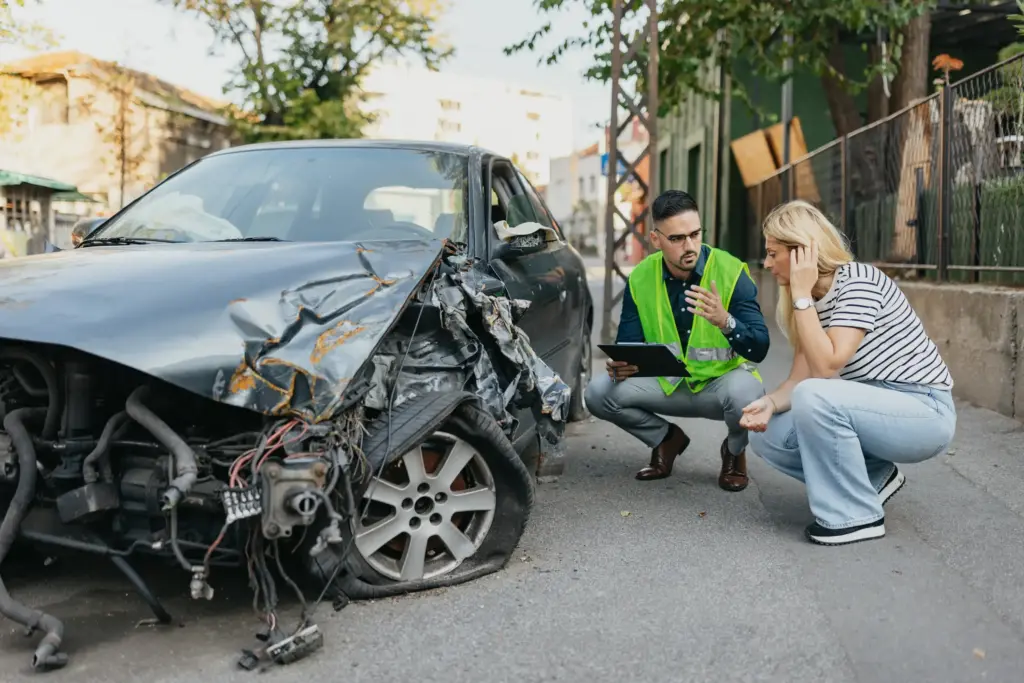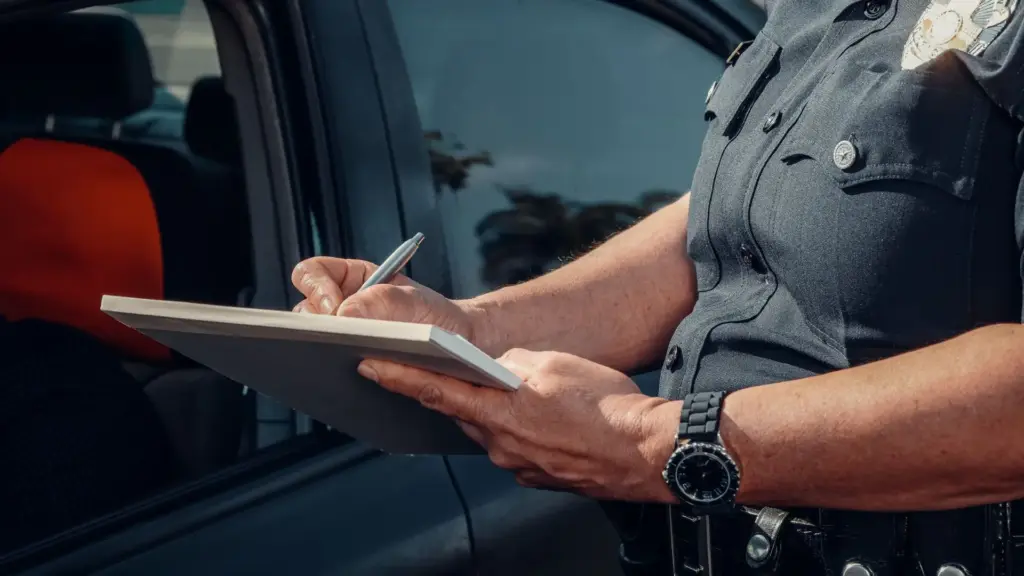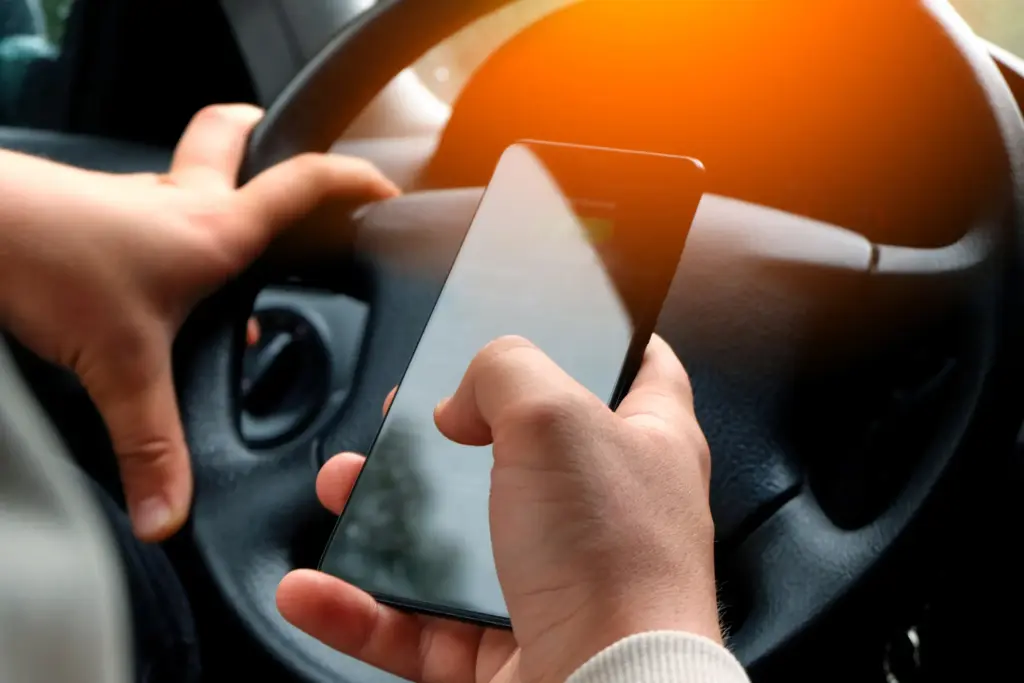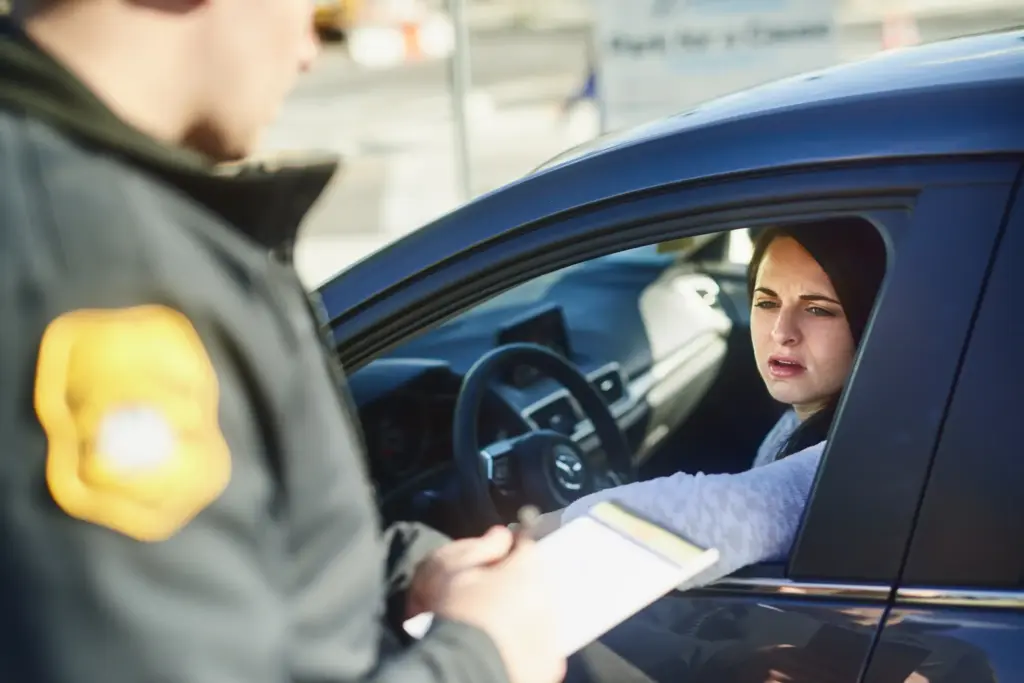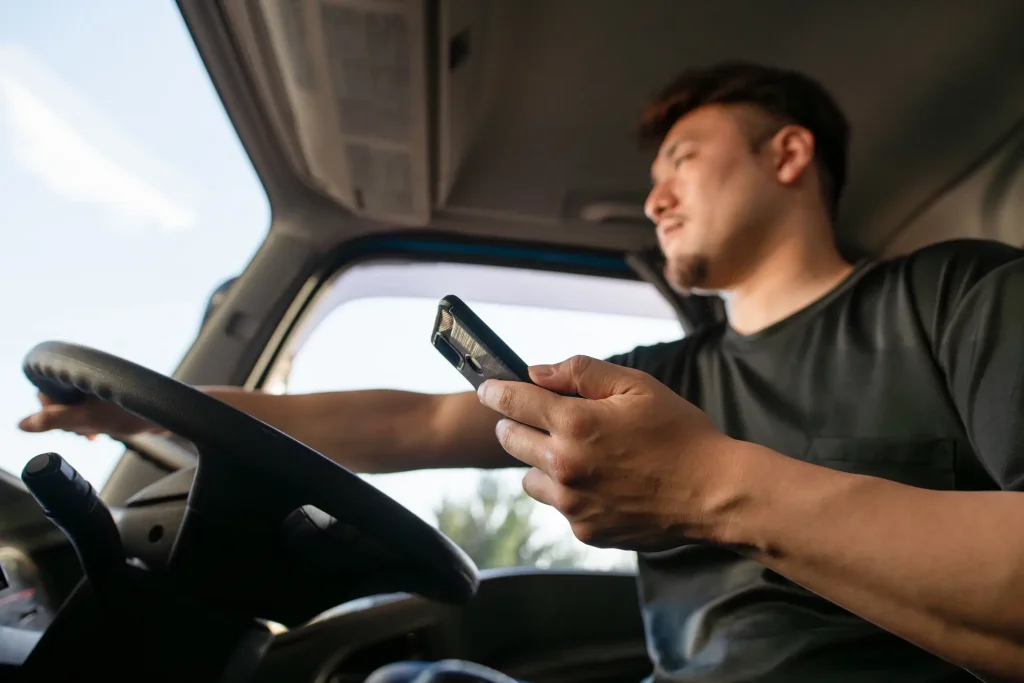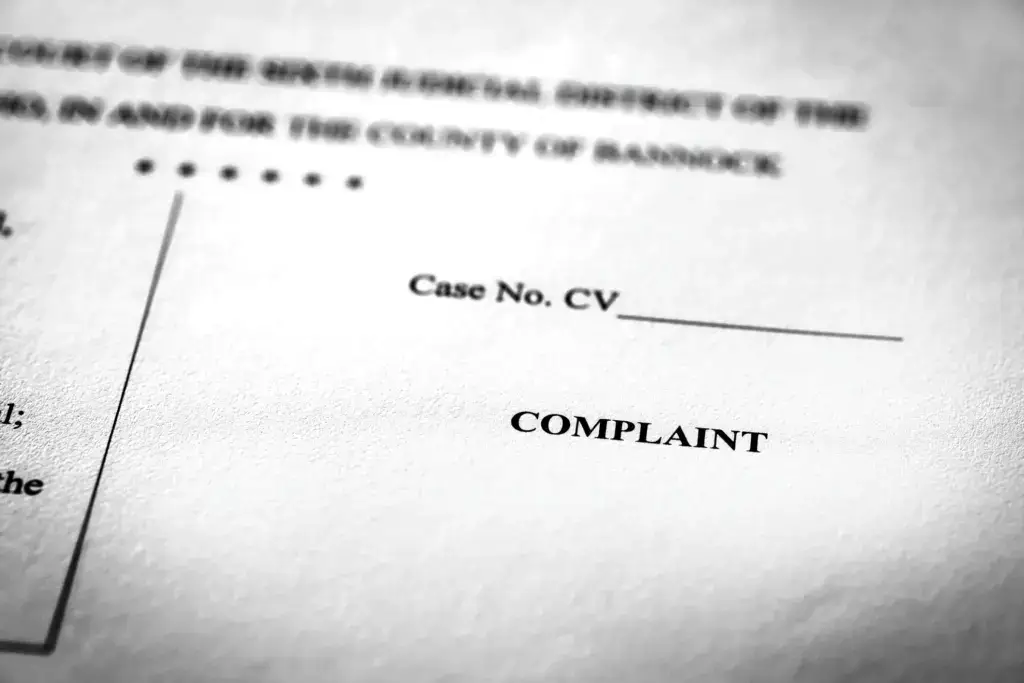Distracted driving has become one of the leading causes of traffic accidents in the United States, claiming thousands of lives each year. The popularity with portable electronic devices, like smartphones, has only amplified this situation, leading to a large number of distraction-affected traffic crashes to occur annually.
These cases not only affect the safety of drivers, but also endangers the lives of passengers, pedestrians, and other road users, as well. Promoting distraction-free driving is important as it can help reverse this trend and reduce the number of collisions.
Despite efforts made by lawmakers and technology companies, crashes involving distracted drivers continue to occur on California roads. Affected victims are entitled to file a personal injury claim against the responsible party.
At West Coast Trial Lawyers, our dedicated team is readily available to provide expert guidance and support throughout the legal process. With more than 20 years of experience in personal injury and over $1.7 billion in settlements recovered on behalf of our clients, we possess the skills and resources needed to help you get the justice and compensation you deserve.
To book a FREE consultation, you can reach out to us by calling (213) 927-3700 or filling out our convenient online contact form.
What Is Defined Distracted Driving?
Distracted driving is defined as performing any activity that diverts the driver’s attention away from the road. This includes looking away (visual distraction), taking your hands off the wheel (manual distraction), or allowing your mind to wander off while driving (cognitive distraction). What makes this particularly dangerous is how common and underestimated it is. Many drivers often convince themselves that they are capable of multi-tasking without increasing the risk of an accident. However, even short lapses in attention can lead to devastating results.
What Are the Four Types of Driving Distractions?
Distractions are not all the same. Some will involve your hands, eyes, or even your ability to think clearly. Below are the four types of distracted driving that may occur:
- Visual distraction: Taking your eyes off the road, like looking at your cell phone or reading a billboard sign.
- Manual distraction: Removing your hands from the steering wheel to focus on another activity, such as eating food or applying makeup.
- Cognitive distraction: Thinking about something other than driving, including day dreaming or stressing about something.
- Auditory distraction: Being distracted by sounds. For example, loud music or voice assistants.
According to the National Safety Council (NSC), the number of distracted drivers using hand-held cell phones during daylight hours has reduced within the past decade, going from 4.3 percent in 2014 to 2.1 percent in 2023. Despite this improvement, the percentage of drivers seen manipulating hand-held electronic devices, like texting or scrolling, has risen by 36 percent, increasing from 2.2 percent in 2014 to 3.0 percent in 2023. Drivers using visible headsets has remained consistently low, reported at just 0.5 percent.
Nonetheless, distraction-related crashes continue to be of concern. Fatal crashes involving driver distraction have grown by more than 1 percent since 2014. In 2023, about 12 percent of all distraction-affected fatal crashes involved cell phone use, which has remained unchanged since 2022.
What Are the Distracted Driving Laws in California?
California has enforced multiple distracted driving laws to maintain a safer environment for all road users. Let’s take a look at each regulation in the sections below.
Hands-Free Law
Under CVC 23123 & 23123.5, people are prohibited from holding or using a cell phone or electronic device while driving. Hands-free is permitted via Bluetooth, speakerphone, voice commands, or by having a securely mounted device on the dashboard or windshield. You can tap or swipe once to activate a feature, but you cannot dial, text, browse, or view while driving, even if you are at a red light or stop sign.
Emergency calls and driving on private property are a few exceptions to these rules. This may also not apply to emergency responders and school/transit bus drivers.
No Touch Law
In 2025, a ruling was made by the California Court of Appeal for the Sixth Appellate District to expand the interpretation of the state’s hands-free law. The court declared that holding a phone for navigation-related purposes, even without touching the screen, will go against CVC 23123.5.
The Appeals Court specifically provided the following statement: “Allowing a driver to hold a phone and view a mapping application, even if not touching the phone’s screen, would be contrary to the Legislature’s intent.” This decision promotes a safer driving environment, enforcing drivers to keep their eyes on the road and hands off of their electronic devices.
There are, however, a few exceptions to this rule:
- The phone is mounted on the dashboard or windshield.
- A route has been set hands-free with a single swipe or tap.
- The driver is not holding the device at any point during a trip.
The no touch phone law will officially break a commonly misunderstood loophole where drivers think they can physically hold an electronic device and access GPS while operating a vehicle simultaneously. From this point on, law enforcement can hand out citations just for having your phone in your hands, even if you are looking up directions.
Drivers Under 18
Drivers under 18 are prohibited from cell phone use, regardless of whether it is hands-free or handheld, except for emergency calls (CVC 23124). There will be zero tolerance over using an electronic device while on the road.
What Are 5 Facts About Distracted Driving?
- Reading or sending a text message while distracted driving for 5 seconds, at 55 mph, is equivalent to driving the length of an entire football field while blindfolded.
- Teen drivers are at a higher rate of fatal accidents due to numerous factors, including distracted driving. A total of 2,611 people were killed in crashes involving teen drivers between 15 to 18 years old in 2023.
- Distracted driving has claimed the lives of 3,275 people in 2023.
- Texting bans are nearly universal. As of 2024, 24 states, along with Washington D.C., Puerto Rico, Guam, and the U.S. Virgin Islands prohibit individuals from using hand-held phones while driving. These are enforced as primary laws, meaning that an officer can administer a citation even if no other traffic offense has happened. In addition, 48 states, including D.C., and the United States territories have implemented a ban on text messaging for all drivers, with almost all of them treating the offense as a primary violation. Of the two states without a texting ban for all vehicle operators, only Missouri prohibits text messaging for novice drivers.
- In 2023, about 8 percent of fatal crashes, 13 percent of personal injury, and 13 percent of police-reported motor vehicle crashes were distraction-affected.
What Percentage of Collisions Involve Distracted Driving?
According to the National Highway Traffic Safety Administration (NHTSA), distraction was a notable influence to the 3,021 fatal motor vehicle crashes that took place across the U.S., translating to 8 percent of the total 37,654 fatal collisions in 2023. These cases involved 3,143 distracted drivers. In addition, about 5 percent of the 57,939 drivers who were involved in deadly crashes were reported as distracted.
Distraction-affected crashes resulted in 3,275 deaths, representing 8 percent of the 40,901 total traffic fatalities within the same year. Most of these distractions were caused by cell phone use. In particular, 369 fatal accidents involved at least one driver using their personal devices whether it was to talk, listen, or just simply interact with it. In total, 397 people were killed as a result of this contributing factor.
What Is the Economic Impact of Distracted Driving?
The NHTSA claimed the U.S. had an economic cost of $340 billion for all motor vehicle traffic crashes in 2019. Of that amount, distracted-driving crashes accounted for $98 billion. This includes a range of tangible costs, like:
- Lost productivity
- Workplace disruption
- Medical and emergency services
- Legal and court fees
- Insurance processing
- Traffic congestion
- Property damage
But, these estimates do not necessarily reflect the human toll of serious injury or loss of life. When assessing quality-of-life damages, including long-term disability or premature death, the total societal harm would reach an estimated $1.37 trillion. Of that, distracted driving may contribute $395 billion in total societal harm.
These costs are based on a naturalistic observation study, which found that distraction accounted for 29 percent of all crashes in 2019. Ultimately, these distraction-related crashes lead to an estimated 10,546 fatalities, 1.3 million nonfatal injuries, and 98.2 billion in direct economic costs.
Does Distracted Driving Increase Insurance?
Since distracted driving is a traffic violation, it can affect your insurance. The increase will vary depending on your driving record, insurance company, and what specific action you committed. We cannot provide an exact amount of what your new premium charge will be as all insurance companies handle such matters differently from one another.
If you are interested in learning how much your insurance will be impacted after receiving a distracted driving ticket, we encourage you to contact your provider for further assistance.
How Much Is a Distracted Driving Ticket?
If a person goes against California’s distracted driving laws, the first offense will be $20. After that, they will be charged $50 for each subsequent offense. However, the price of the ticket will become more costly due to the additional fees and penalties included. Taking these into account, the total may accumulate to a minimum of $162 and will continue to increase with each violation.
What Are the Legal Consequences of Distracted Driving?
If a distracted driver causes an accident that involves injury or death, they may face legal consequences. Under CVC 23103, if a driver is operating a vehicle in willful or wanton disregard for the safety of other people or property, it will be considered reckless driving. Given this circumstance, the individual may receive the following punishments:
- 5 days and up to 90 days in county jail
- A fine ranging from $145 to $1,000
- Both jail time and a fine
If distracted driving causes bodily harm, the individual may receive harsher consequences (CVC 23104). This includes the following:
- 30 days to six months in county jail
- Fines of $220 to $1,000
- Both the fine and the prison sentence
If someone passes away as a result of distracted driving, the following punishments may be applied (California Penal Code 192 and 193):
- Involuntary manslaughter: A 2, 3, or 4 year state prison sentence.
- With gross negligence: This will be either 2, 4, or 6 years in state prison or up to 1 year in county jail.
- Without gross negligence: The punishment will involve up to 1 year in county jail.
In addition, being found guilty of distracted driving can result in a higher premium rate since insurers will view such behavior as a higher risk. Repeated offenses can further impact the driver’s ability to keep their license active, thus affecting their mobility and employment.
In What States Is It Illegal to Hold a Phone While Driving?
Many states have their own unique laws to combat distracted driving, including Arizona, Nevada, and Washington. Let’s take a closer look at what each location enforces.
Arizona
Arizona has enforced a statewide hands-free law, meaning that drivers are not allowed to hold a phone to talk or text, watch or record videos, or scroll or browse apps. They are only allowed to do the following:
- Start or end a GPS route or answer or end a phone call
- Talk by using a hands-free approach, like an earpiece, headphone device, or a smartwatch for voice-based communication
- Use the device for navigation purposes
- Access the device to request emergency services
Those who go against state laws will be given a fine between $75 to $149. Subsequent violations will result in a civil penalty of $150 to $250 (ARS 28-914).
Nevada
Under NRS 484B.165, it is illegal to do either of the following while on a highway in Nevada:
- Read, type, or send texts on a handheld device
- Use internet or non-voice communication apps
- Make voice calls unless you are using hands-free features, like a Bluetooth or wrist device
You are, however, permitted to use a cell phone if you are an emergency personnel or a utility worker responding to urgent calls. You can also use the electronic device to report a medical emergency, safety hazard, or a crime. Voice-activated GPS may also be allowed.
If you do not comply with this regulation, you may be met with a $50 fine for a first violation within 7 years. A second violation within the immediately preceding 7 years will result in a civil penalty of $100, and a third or subsequent violation will be $250.
Washington
In Washington, you are exempt from using a personal electronic device while driving on a public highway. Doing this may result in a traffic infraction. Certain actions that may be prohibited include the following:
- Holding a cell phone in one or both hands
- Using your fingers or hands to read, send, or type a message, browse the internet, or access other options, such as apps, photos, or games
- Watching a video
These apply even if you are stopped at a red light or in traffic. But, you may be given the right to use your personal electronic device if you are seeking emergency services, are a transit system employee speaking with dispatch, a commercial driver accessing the device within the scope of employment if such use is permitted under federal laws (49 U.S.C. § 31136), or you are an emergency responder handling urgent calls (RCW 46.61.672). A first offense will be $136, and subsequent offenses will be double the penalty under RCW 46.63.110.
Can You Sue Someone for Distracted Driving?
You can sue someone for distracted driving if such behavior caused you to sustain injuries, property damage, or other losses. To secure compensation, you will need to file a personal injury or property damage lawsuit against the at fault party, and will need to prove negligence. This will require you to demonstrate how:
- The defendant owed you a duty of care
- The defendant breached that duty by driving while distracted
- Their distraction directly triggered the motor vehicle accident
- You suffered actual losses, like bodily harm, lost income, vehicle damage, and/or pain and suffering
To successfully pursue legal action, you will need to obtain strong evidence. This includes surveillance footage, cell phone records, and witness statements. You should also request a copy of the police report and your medical documents to support your claim.
You will be given two years from the date of the incident for personal injury and three years for property damage. And if the lawsuit is being made against a government entity, you will be given a stricter deadline, often six months.
Involved in a Distracted Driving Accident? Schedule a FREE Consultation Today
If you were involved in an accident with a distracted driver, our personal injury lawyers at West Coast Trial Lawyers are available 24/7 to offer legal assistance. We will evaluate your situation to determine what necessary steps should be taken to ensure we get you the compensation you deserve for your losses.
To schedule a FREE case evaluation, you can connect with us by calling (213) 927-3700 or completing our quick online contact form.
Frequently Asked Questions About Distracted Driving
